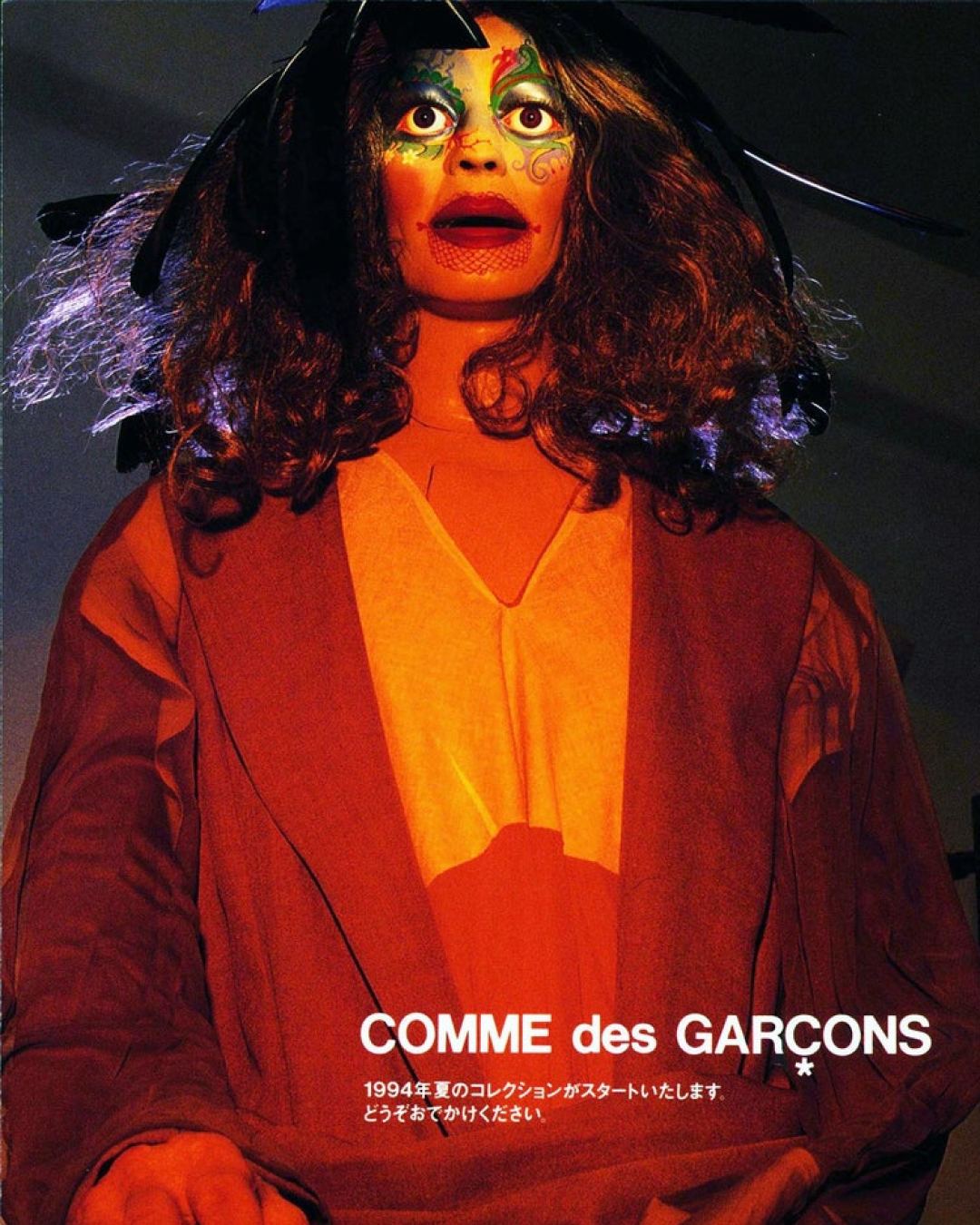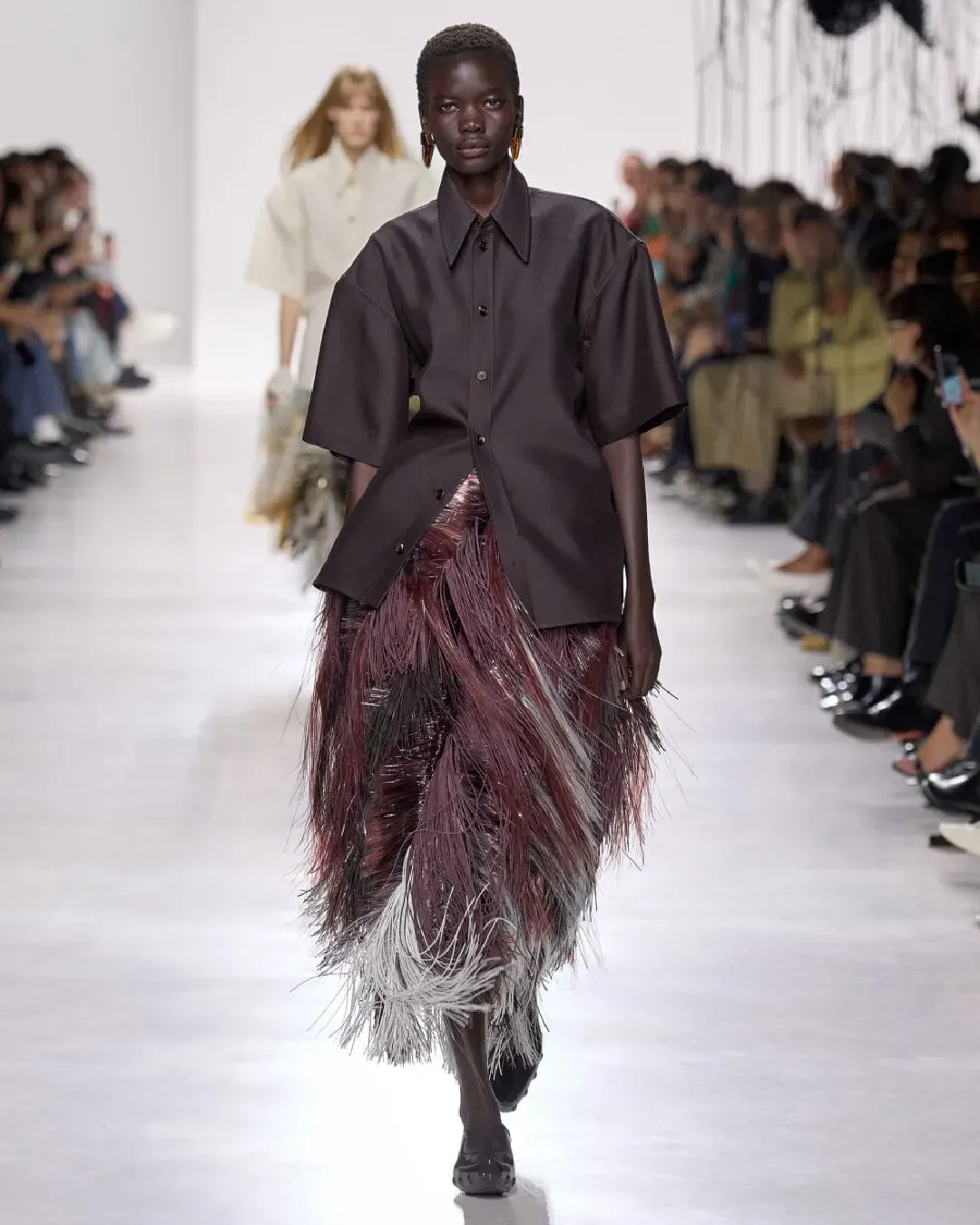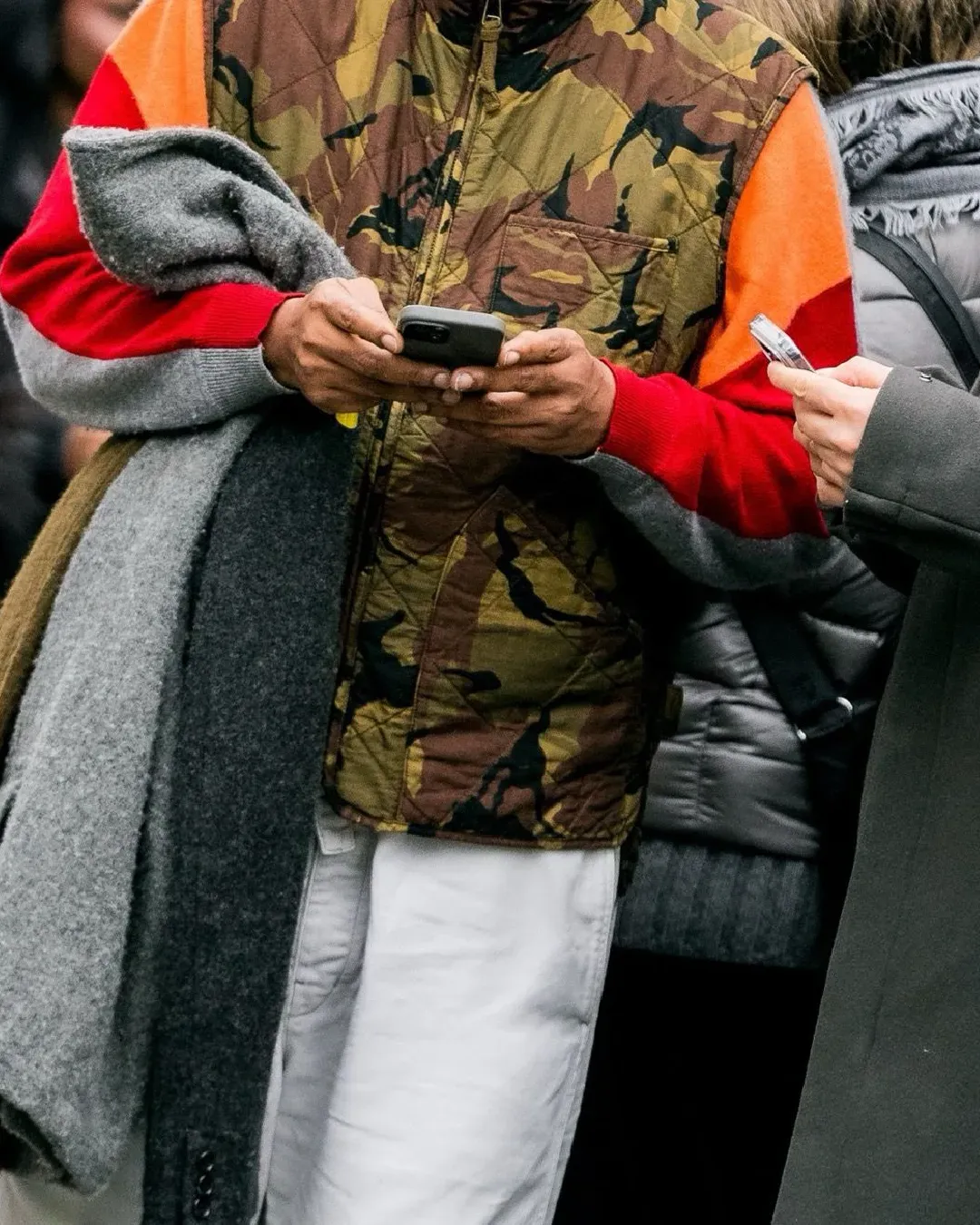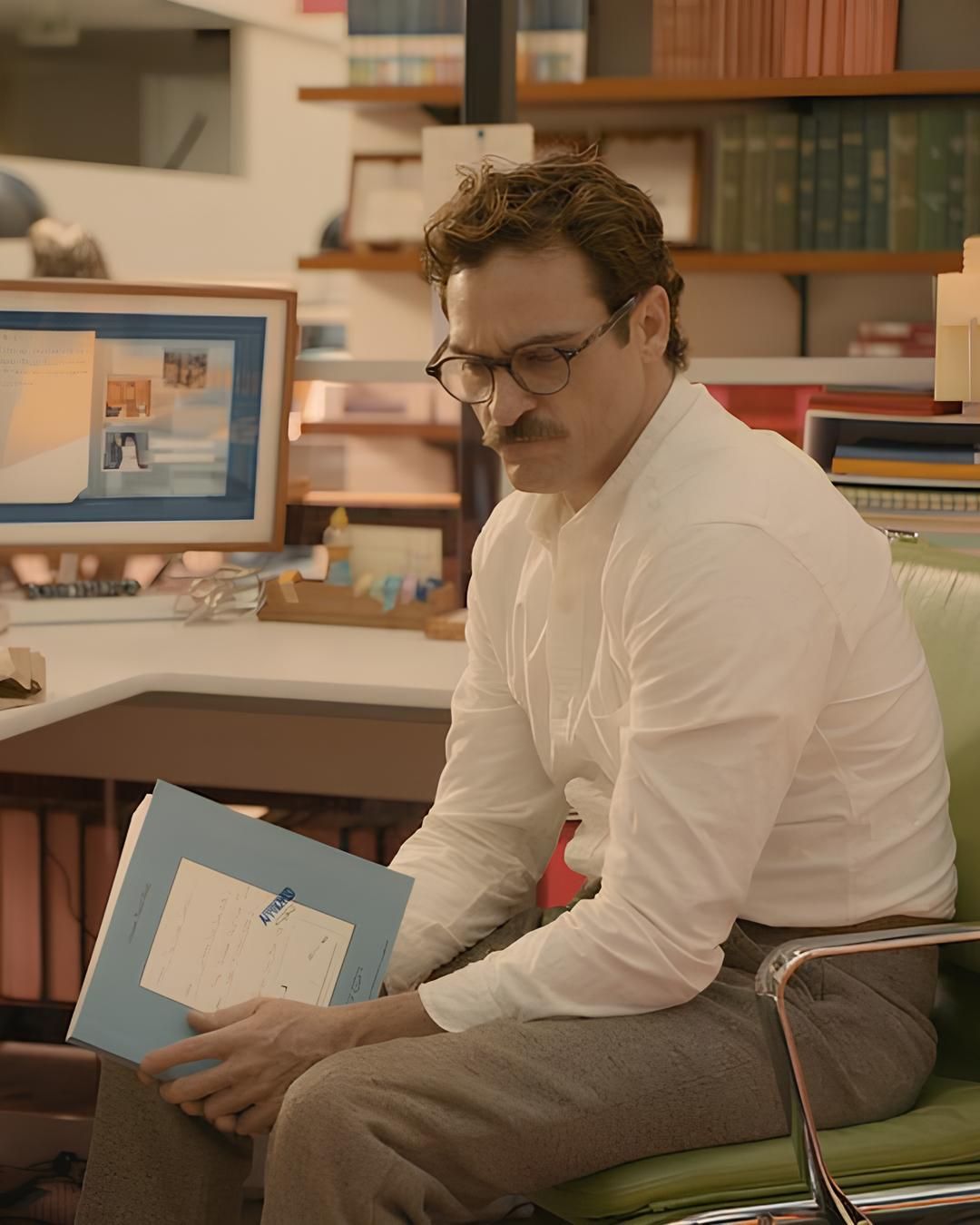
The reason everyone is talking about «touching grass» The Touch Grass app is born online but invites users to log off
In recent years, there has been growing attention on the relationship between mental well-being and time spent online. In this context, apps like Touch Grass have emerged, created by a British developer and part of a trend of services specifically designed to limit so-called doomscrolling on social media. What makes Touch Grass unique is that to regain access to blocked apps, users must take a photo of their hand while touching real grass. Only after performing this action does the service allow access to the selected platforms. The app’s name is no coincidence: the English expression «touch grass» is increasingly used online to suggest—sometimes ironically, sometimes sincerely—that one should step away from their smartphone and reconnect with the real world, take a break, and pay attention to their mental and physical state.
@rhyskentish touch grass has changed my life… just a huge thank you for all the support for touch grass over the last couple weeks (posting this late but you get the point) #touchgrass #app #doomscrolling original sound - Rhys
In fact, numerous studies suggest that frequent exposure to nature has positive effects on mental health. A 2016 study found a link between students’ academic performance and the presence of trees visible or accessible from classrooms. Another study conducted in the United States highlighted how the natural environment can help reduce antisocial behavior among adolescents. More recently, in 2024, a team of researchers in China compared the effects of physical contact with real versus artificial grass sods: participants who touched real grass showed a significant decrease in anxiety, unlike those who interacted with synthetic grass. Additionally, there is a widespread belief that walking barefoot on natural surfaces, like grass or sand, can have a calming effect—even though there’s no solid data supporting this. In Japan, this idea has long been translated into a practice called shinrin-yoku, or "forest bathing”: a relaxing activity involving walks in the woods, with several studies showing positive effects on stress reduction.
@radiatewithangie Grounding is all about bringing your attention back to the present, especially when you're feeling stressed or anxious. It helps calm your nervous system and makes you feel more connected to your body and the world around you. Basically, it's a way to hit pause on overwhelming emotions and get back to feeling steady and in control and most importantly <in your body> #grounding#groundingtechique#groundingexercise#groundingyourself#nervoussystemregulation#nervoussystemhealing The Kite Live by Luisa Marion - luisa_marion_music
The expression «touch grass» began circulating on social media several years ago, particularly among the more active users of what is now X. The first related content dates back to 2015, but it was in 2016 that the trend started to gain visibility: during some platform malfunctions, a user joked that it was the perfect time to go outside and literally «touch grass». Initially, this expression was mostly used in online spaces frequented by people accustomed to spending many hours a day on the Internet—who aren’t always just teenagers. However, starting in 2020, the expression’s usage became even more widespread. Its broader popularity was especially driven by the experience of the pandemic and the growing popularity of TikTok. On the Chinese platform, «touch grass» became a colloquial way of poking fun at those who spend too much time online or get excessively caught up in digital dynamics. In this context, the phrase’s meaning expanded, becoming an invitation to reconnect with the offline world—often with an ironic tone, but not without an underlying message about personal well-being and mental health.
@almostfiorentina it’s a nokia summer #nokia #nokia3210 #detox suono originale - almost
Recently, the Istituto Superiore di Sanità identified excessive smartphone use as one of the main issues to address regarding mental health, dedicating its first recommendation for 2025 to this topic. Rather than demonizing technology, the goal is to promote a more balanced use of digital devices, acknowledging their usefulness but also their potential negative impact on psychological well-being, especially when used continuously and without control. Before even stepping outside to «touch grass,» one practical suggestion to start reducing smartphone overuse is to identify certain areas of the home to keep free from mobile devices. Spaces like the bedroom or the dining area are generally considered ideal for creating smartphone-free zones, to encourage moments of disconnection. This approach does not aim to completely reject online life but to build healthier habits that foster a more mindful relationship with technology in users' daily lives.















































